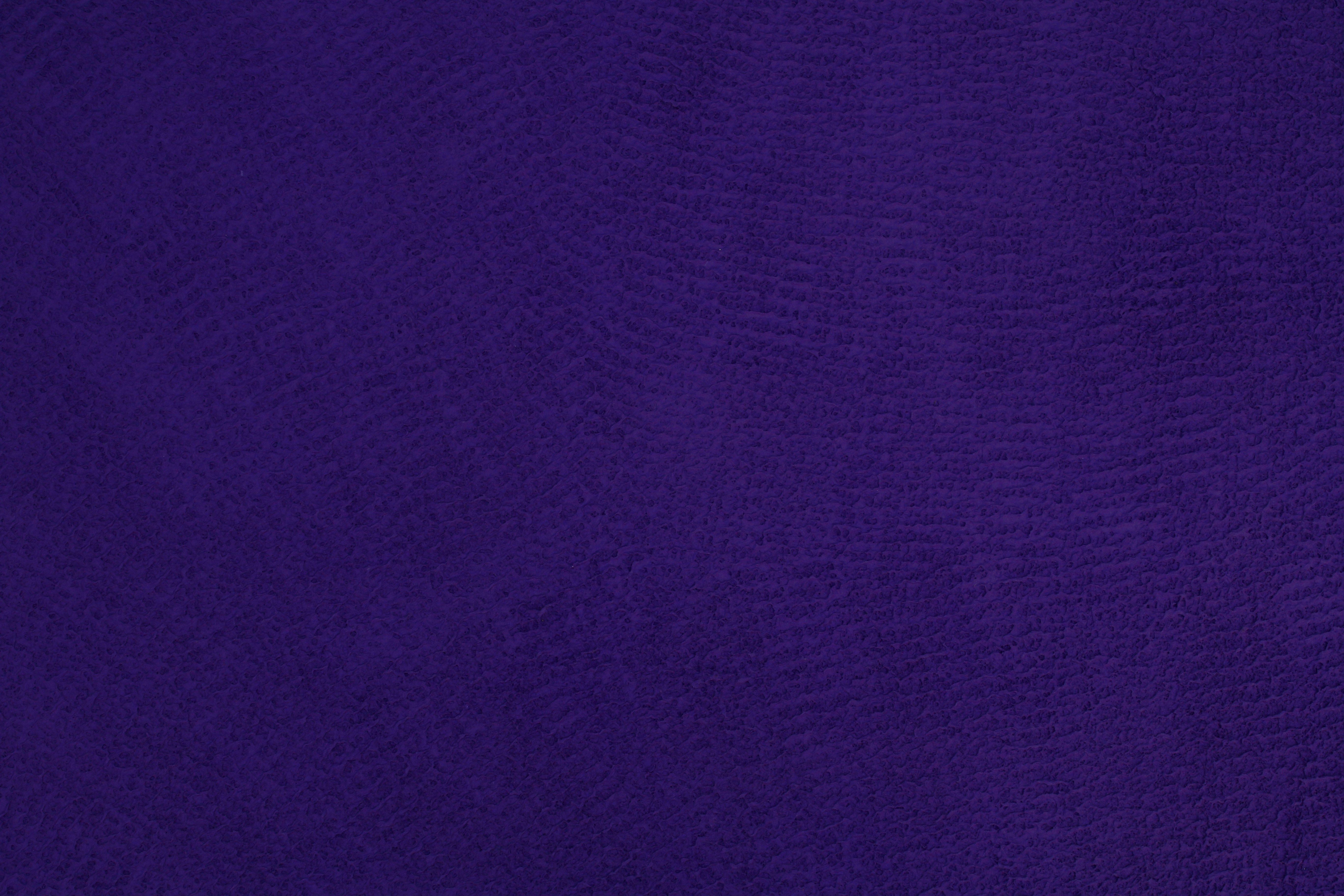Reason Behind Dogs Scrubbing Their Face
Dog Face Rubbing: Warning Sign of Potential Health Issues
Excessive face rubbing by dogs is often a cause for concern, signaling an underlying health issue that requires attention. If your pet frequently rubs its face on objects, carpets, or even you, take note.
So, why do dogs rub their faces and when should you be alarmed? Here is the essential information you need.
Normal Versus Excessive Face Rubbing
While less frequent than in cats, dog face rubbing is not unheard of. Dogs may rub their faces for harmless reasons such as scratching an itch or presenting affection. However, when the behavior becomes persistent, it's likely that something is amiss.
Try distracting your dog with a favorite toy or treat to determine if the face rubbing stems from discomfort. If the distraction fails, consider it a potential sign of pain or irritation. Some dogs may also vocalize while scratching or rubbing their face, which could indicate physical ailments.
The Root Causes
Several factors can cause dogs to rub their faces on furniture, carpets, or other surfaces. Allergens, parasites, infections, or pain could be the culprits behind the itchy skin.
Allergies, particularly environmental allergies, are among the most common causes of itching in dogs. Seasonal patterns in a dog's face-rubbing behavior might indicate that allergies are the root cause, with grass allergies peaking in the fall and tree pollen allergies emerging in the spring.
External parasites, such as fleas, sarcoptic mites, and ear mites, can also cause itching and discomfort. Hypersensitivity to flea bites and reactions to mosquito or tick bites are additional factors to consider.
Eye allergies, eye infections, eye ulcers, or entropion could be the reason behind a dog's focus on rubbing its eyes. Similarly, excessive ear rubbing may signal an ear infection.
Oral health issues like dental disease or infections in the lip folds could prompt your dog to paw at its face or rub its mouth. Signs of dental problems include bad breath, swollen gums, facial swelling, and decreased appetite.
Head pressing, in which a dog presses its head against surfaces, is usually a sign of a brain issue and should be addressed by a veterinarian immediately.
When Does a Dog Rub Its Face on You?
Some dogs enjoy being scratched and rubbed. In these cases, the pet may lean in for petting if it has become accustomed to the behavior. However, if face-rubbing becomes bothersome or the dog becomes insistent, it may become a nuisance. In such cases, ask your dog to perform simple tasks before offering pets to encourage more appropriate behavior.
Next Steps for Dog Owners
If your dog excessively rubs its face, consult a veterinarian to determine the underlying cause. Based on the diagnosis, your veterinarian can recommend the most effective treatment.
For example, if environmental allergies are identified, your veterinarian may prescribe dog allergy medication to help alleviate the symptoms. In some cases, your veterinarian may suggest allergy testing to identify specific allergens.
In the event of external parasites, skin scraping will help diagnose mites and other parasites. Treatment will vary depending on the parasite's type and the infestation's severity.
If eye issues, ear infections, or dental problems are suspected, your veterinarian will perform necessary exams and tests to pinpoint the issue and recommend appropriate treatment. In some cases, your dog may need to wear an Elizabethan collar to prevent further irritation.
Prompt veterinary attention is crucial to address excessive face rubbing and prevent potential secondary infections or hair loss. Secure an appointment with your veterinarian if you notice persistent or worsening face-rubbing behavior in your dog.
While some dogs may occasionally rub their faces due to scratching an itch or displaying affection, persistent face rubbing can indicate hidden health issues. If your pet seems preoccupied with rubbing its face, it may indicate discomfort or pain, and could signal physical ailments like allergies, parasites, infections, or dental problems. If you observe excessive face rubbing in your dog, it is advisable to seek guidance from a veterinarian to identify the root cause, as timely veterinary attention is essential to prevent further complications such as secondary infections or hair loss.








